Speaker Bios
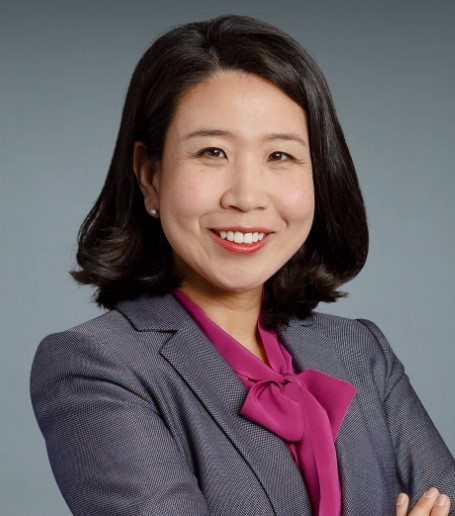
Dr. Jiyoung Ahn is a renowned cancer molecular epidemiologist specializing in the human microbiome and biomarkers for cancer development and progression. She currently leads three NCI R01-level projects as Principal Investigator and Project Director.
Dr. Ahn's groundbreaking research includes the novel discovery that the oral carriage of commensal beta-proteobacteria can predict the future development of head and neck cancers (JAMA Oncology, 2018) and esophageal cancer (Cancer Research, 2017). She has also demonstrated that several oral periodontal pathogenic bacteria are linked to an increased risk of pancreatic cancer (Gut, 2018). Dr. Ahn has served as a reviewer for multiple NIH and DOD study sections and international cancer research organizations in the UK, France, South Korea, and Japan. She recently co-chaired the organization of the American Association for Cancer Research (AACR) Meetings and is a senior editor of AACR's Cancer Epidemiology, Biomarkers, and Prevention. Her research excellence has been recognized with numerous awards and honors, including the NCI Outstanding Research Paper Award and the Woodrow Wilson Fellow Award.
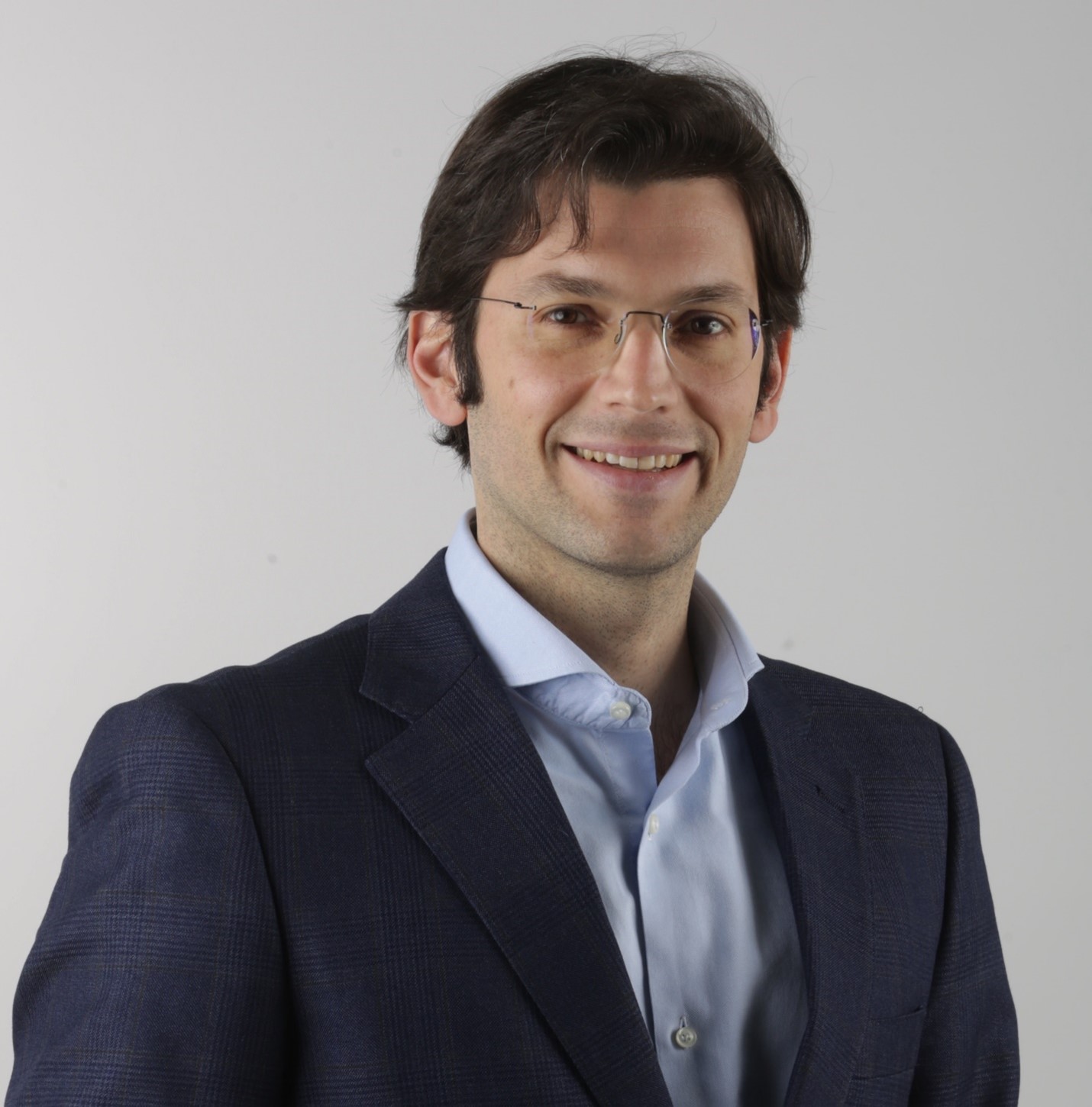
Dr. Giacomo Baima graduated in Dentistry and Dental Prosthetics at the University of Turin in July 2016 with a score of 110/110, honors and honorable mention. To deepen his clinical and scientific skills in the field of periodontology and implantology, he carried out a research period at the University of Michigan and obtained a Masters in Dental Sciences at the Complutense University of Madrid. In the four-year period 2018-2022 he obtained the II Level Master in Periodontology, and received the Certificate of the European Federation of Periodontology (EFP) at the end of the Postgraduate Program in Periodontology at the Periodontology department of the Dental School of Turin. He is also a certified member of the Italian Society of Periodontology and Implantology (SIdP) and a member of the EFP Alumni Board. He currently works as a PhD student and research fellow in the same department, where he plays the role of teaching support for students of the degree and Master’s courses.

Prof. Bostanci has a PhD in Periodontology (University of London, UK) and received advanced specialty training in Periodontology (Ege University, Izmir, Turkey, and Eastman Dental Institute, University College London, UK). She attained her Habilitation (Venia Legendi) at the University of Zurich, Switzerland, earning her the title of Docent in Oral Biology and Periodontology. Since July 2016, she has held the position of Full Professor of Inflammation Research in Periodontics, at the Department of Dental Medicine, Karolinska Institutet, Sweden. She also serves as the Head of Internationalization in Dentistry and Program Director for master´s level programmes “Master´s Degree in Dentistry and Oral Health”. She is the elected President of Microbiology/Immunology Group of the International Association for Dental Research (IADR) and has previously served as the President of the IADR Periodontal Research Group.

Dr. Carpenter, is a past president of the Salivary Research Group, currently serving as the European President of the IADR Salivary Research Group. He has a distinguished record of organizing symposia at the International Association of Dental Research (IADR) conferences, which attract between 5,000 to 7,000 attendees, as well as co-organizing Saliva Symposia with approximately 200 participants. With 25 years of experience studying saliva and salivary glands at King’s College London, Dr. Carpenter has made significant contributions to the field. He has published over seventy papers and has mentored thirteen PhD students to completion, with five more currently under his supervision. His research primarily focuses on the role of saliva in oral health, particularly its function in oral lubrication. This includes studies on food interactions such as taste and astringency, and conditions like dry mouth (xerostomia) caused by disease, medication, or irradiation. Dr. Carpenter's work has led to the development of the "mucosal pellicle," a mucus layer attached to the oral epithelium that maintains normal oral sensations. His recent research efforts are aimed at exploring the connection between saliva and the microbiome.

Dr. Diaz is Empire Innovation Professor of Oral Biology and the Sunstar Robert J. Genco Endowed Chair at the School of Dental Medicine and also serves as Director of the Microbiome Center at the University at Buffalo. Dr. Diaz’s research, supported by grants from NIH and industry, focuses on the intricacies of oral microbiome communities and their interactions with the host in health and disease. Dr. Diaz employs an integrative methodology that encompasses clinical studies, animal models, high throughput assays and bioinformatics. Her pioneering work has significantly advanced our understanding of the role of the microbiome in periodontal disease, as well as its implications in oral comorbidities associated with cancer treatment, such as oral mucositis and candidiasis. Dr. Diaz obtained her dental degree at CES University in Colombia and pursued her Ph.D. in Microbiology at the University of Adelaide, Australia. Following this, she undertook a postdoctoral fellowship in oral microbiology at the NIDCR/NIH before earning her Certificate in Periodontology and Masters in Oral Science at the University of North Carolina at Chapel Hill. Dr. Diaz is committed to creating open research opportunities for students from disadvantaged backgrounds, ensuring equitable access to the field and fostering diversity in oral health research. She is a fierce advocate for and mentors women research scientists, addressing barriers and empowering them to achieve success in their endeavors.
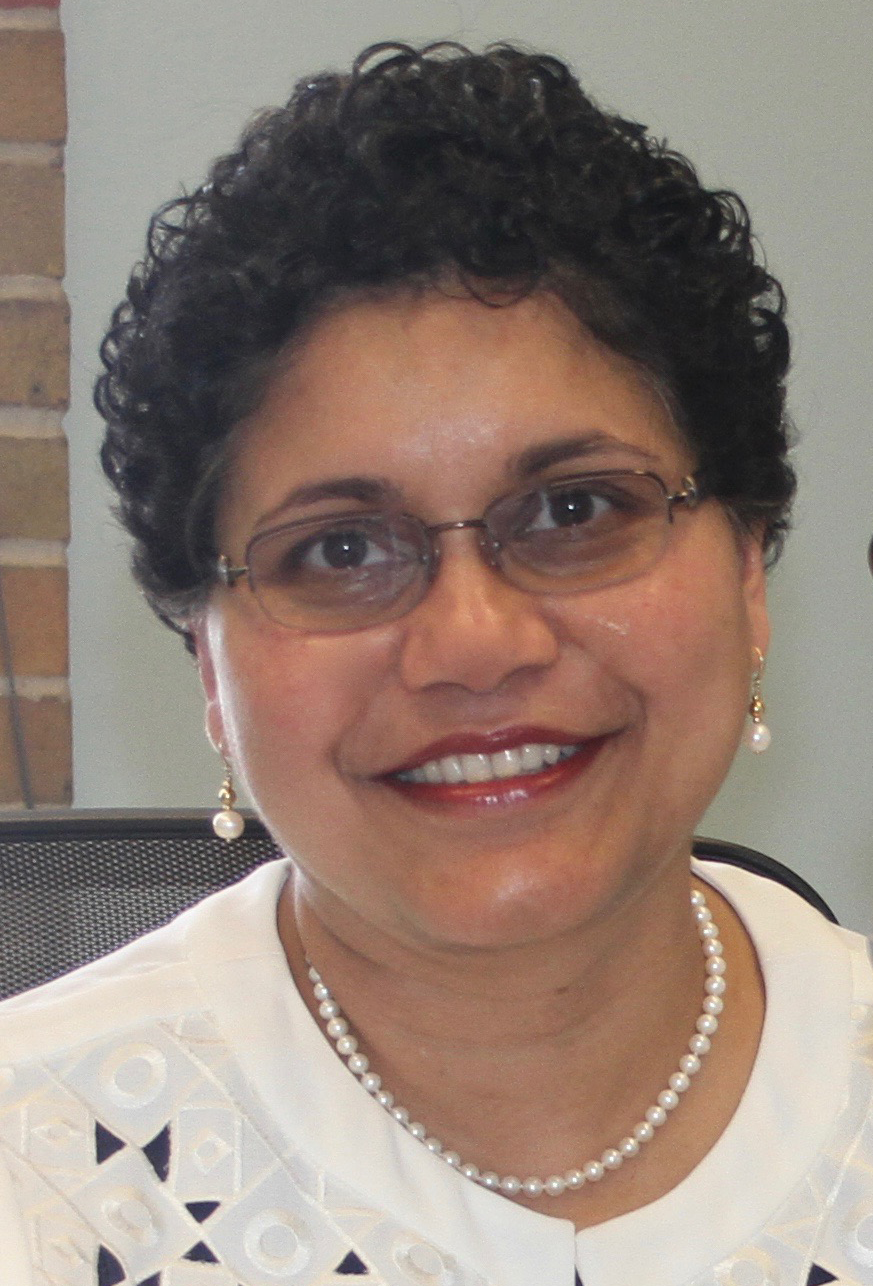
Nisha D’Silva, BDS, MSD, PhD, is the Donald Kerr Endowed Collegiate Professor at the University of Michigan School of Dentistry. She is also Professor of Pathology at the Medical School and a Rogel Scholar of the University of Michigan Rogel Cancer Center. Dr. D’Silva is a dentist-scientist; her translational research in head and neck cancer focuses on biomarkers and molecular mechanisms of tumor progression and treatment resistance. Her clinical practice in oral and maxillofacial pathology informs her research, due to heightened awareness of clinical issues with oral cancer. She has been the principal investigator of multiple National Institutes of Health (NIH) grants and is currently funded by the National Institute of Dental and Craniofacial Research/NIH Sustaining Outstanding Achievement in Research award, and by the National Cancer Institute. She has published more than 100 papers in high impact journals including Microbiome, Clinical Cancer Research, Journal of Experimental Medicine, and Nature Communications.
Dr. Giannobile is the Dean and the A. Lee Loomis Professor of Oral Medicine, Infection and Immunity at Harvard University, School of Dental Medicine. He received his DDS and MS in Oral Biology from the University of Missouri. He later received his Certificate in Periodontology and Doctor of Medical Sciences in Oral Biology from Harvard University. He completed postdoctoral training in Molecular Biology at the Dana-Farber Cancer Institute and Harvard Medical School. Dr. Giannobile’s continuously NIH-funded research program over the past 30 years has focused on Oral and Periodontal Regenerative Medicine, Tissue Engineering and Precision Medicine. He currently serves as Principal Investigator of the NIDCR U-Award Harvard Clinical Practice-based REsearch Program for DENTal Students (H-CREDENT). Dr. Giannobile has produced over 300 manuscripts, textbook chapters, and patents. He is the editor or co-editor of over 10 books. Dr. Giannobile recently completed a 10-year term as the Editor-in-Chief for the Journal of Dental Research. He served as an Associate Editor for the NIDCR Report on Oral Health of the US in 2021. Dr. Giannobile received the American Dental Association Norton Ross Award for Excellence in Clinical Research. He is also a recipient of the Distinguished Scientist Award from the Academy of Periodontology, International Association for Dental Research, and the EFP International Eminence in Periodontology Award. He is a Fellow of the American Association for the Advancement of Science, the American Association for Dental Research, and the International and American Colleges of Dentists. He is a past president of the American Academy of Periodontology Foundation, and the Osteology Foundation. In addition to his administrative and teaching responsibilities, he practices periodontics and implant dentistry at the Harvard Dental Center in Cambridge, MA.
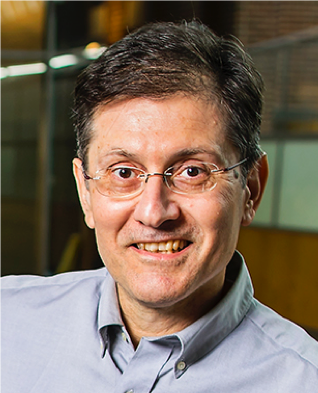
Dr. Hajishengallis earned a D.D.S. from the University of Athens (1989) and a Ph.D. in Microbiology/Immunology from the University of Alabama at Birmingham (1994). He is currently the Thomas W. Evans Centennial Professor at the University of Pennsylvania, School of Dental Medicine. His field of interest lies at the host-microbe interface where his work has illuminated novel mechanisms of microbial dysbiosis and inflammation. More recently, the Hajishengallis lab has identified maladaptive inflammatory memory/trained myelopoiesis as the mechanistic basis for the bidirectional association of distinct inflammatory comorbidities. He combines basic and translational research leading to innovative approaches to clinical problems, such as exemplified by periodontitis, where his preclinical work has recently led to a successful complement-targeted phase 2a clinical trial in patients with periodontal inflammation. He published over 240 papers (with over 38,500 citations; Google Scholar), including in Cell, Nature Immunology, Science Translational Medicine, J. Clin. Invest., Cell Host Microbe, PNAS, N. Engl. J. Med., Nature Reviews Immunology and Nature Reviews Microbiology. He has given over 200 invited lectures/seminars and has organized multiple scientific conferences in the U.S. and abroad and is a member of the scientific advisory boards of the Aegean Conferences, the Forsyth Institute, and NIDCR Board of Scientific Counselors. Dr. Hajishengallis received the IADR Distinguished Scientist Award in Oral Biology in 2012 and the NIH/NIDCR MERIT Award in 2016. He was named Highly Cited Researcher (Clarivate/Web-of-Science) in 2018, 2020, 2021, 2022 and 2023.
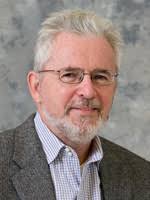
Dr. Hayes is a Professor of Epidemiology at the NYU Grossman School of Medicine. Dr. Hayes is trained in dentistry and epidemiology and over the course of his career has primarily focused on identifying environmental and genetic causes of cancer. His recent research is designed to examine the role of the oral microbiome in the development of squamous cell head and neck cancer (SCHNC).

Jessica Mark Welch is a Senior Member of Staff at the ADA Forsyth Institute. She is co-developer of the CLASI-FISH technology for imaging the spatial organization of microbial biofilms, and she has used this technology to discover "hedgehog" structures in dental plaque and to analyze the organization of biofilms on the tongue dorsum. She also curates the Human Oral Microbiome Database, and she uses genomic, pangenomic, and metagenomic tools to understand the microbial ecology of the human mouth and how it relates to health and disease.
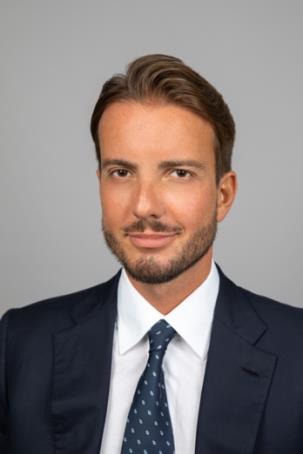
Dr. Mario Romandini is currently Co-Director of the EFP-accredited Program in Periodontology at University of Oslo. He is a Specialist in both Oral Surgery from the University of Chieti (Italy) and Periodontology & Implant Dentistry from Complutense University of Madrid (Spain). He is a European Federation of Periodontology (EFP) board-certified periodontist. He has also completed a Master of Science (MSc) and a PhD (DrOdont) at Complutense University of Madrid (Spain).
Dr. Mario Romandini is actively involved in several international organizations. Among others, he currently serves as a Congress Committee member of the European Association for Osseointegration (EAO). He has been recipient of several research grants from international foundations, including the Osteology Foundation, the Eklund Foundation, the SEPA Foundation and the International Team for Implantology (ITI). In 2023, he received the IAO Brånemark prize for Clinical Excellence. During recent years, he has also received several clinical (e.g., SIdP Vogel prize in 2020, PerioNext prize in 2020) and research awards (e.g., 2nd EFP Prize for Clinical Research in 2022, Osteology Best Research Prize in 2018 and 2022). Dr. Mario Romandini has an extensive publication record in top-ranked journals in dentistry, and he currently also serves as editorial board member of the Journal of Clinical Periodontology and Clinical Oral Implants Research.
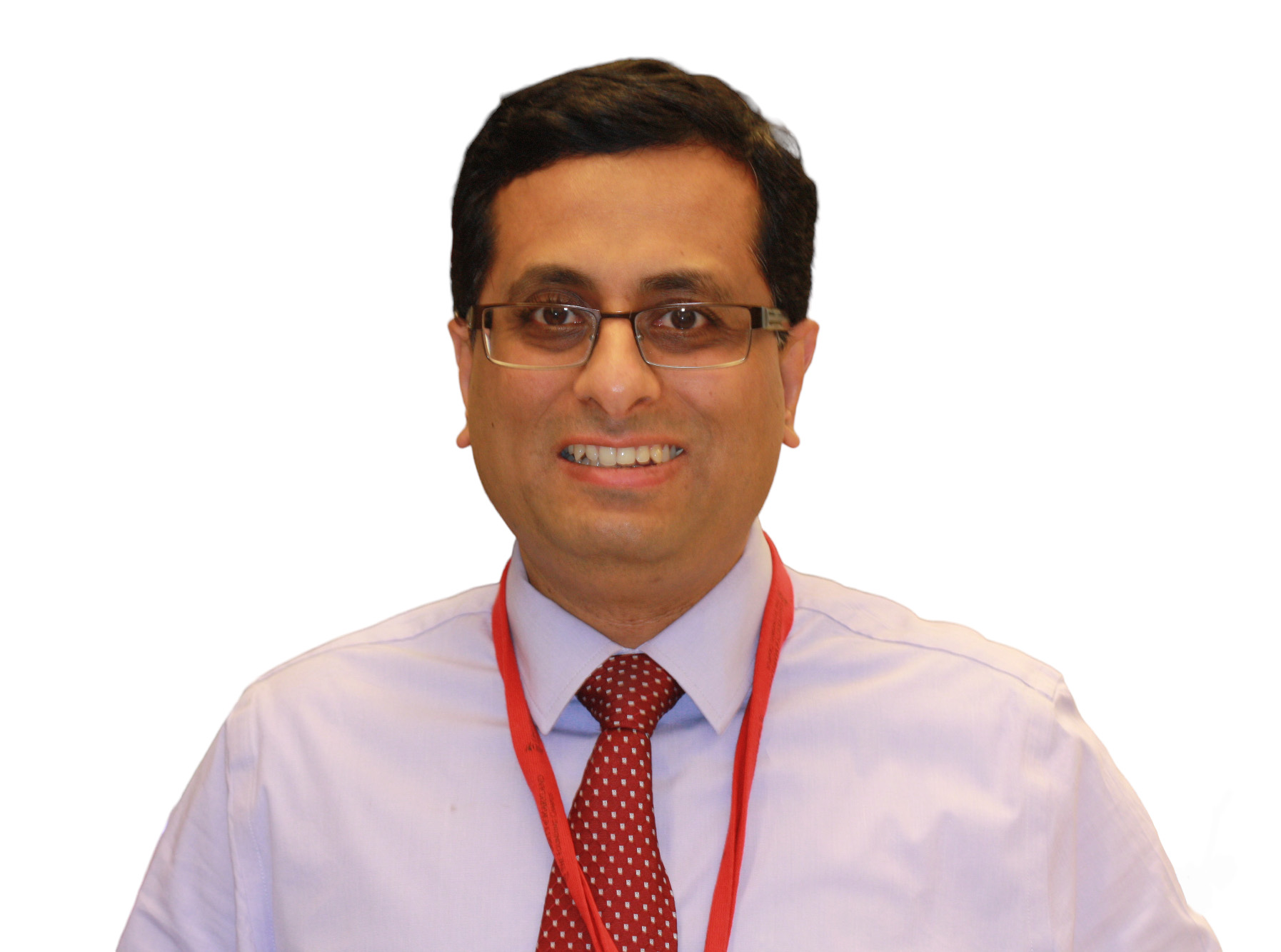
Vivek Thumbigere Math, BDS, PhD, is an Assistant Professor in the Division of Periodontics at the University of Maryland School of Dentistry. He received his Bachelor of Dental Surgery (BDS) from India and completed his PhD and Periodontology residency training at the University of Minnesota. Later, he completed his postdoctoral fellowship at the NIH under the mentorship of Dr. Martha Somerman. Dr. Math is a board-certified periodontist and treats patients and is involved in didactic and clinical teaching of dental students and periodontology residents. His current research focuses on periodontal disease pathogenesis, osteoimmunology, and the interconnection between oral and systemic diseases.
David T.W. Wong DMD, DMSc is Professor and Director of the Oral/Head and Neck Oncology Research Center at UCLA. He is a Fellow of the American Association for the Advancement of Sciences (AAAS), Fellow of AADR, past member of the ADA Council of Scientific Affairs, and the past president of American Association of Dental Research (AADR). He is the current chair of the NCI Liquid Biopsy Consortium and past chartered member and chair of the NIH CSR Molecular Cancer Diagnostics and Classification (MCDC) study section.
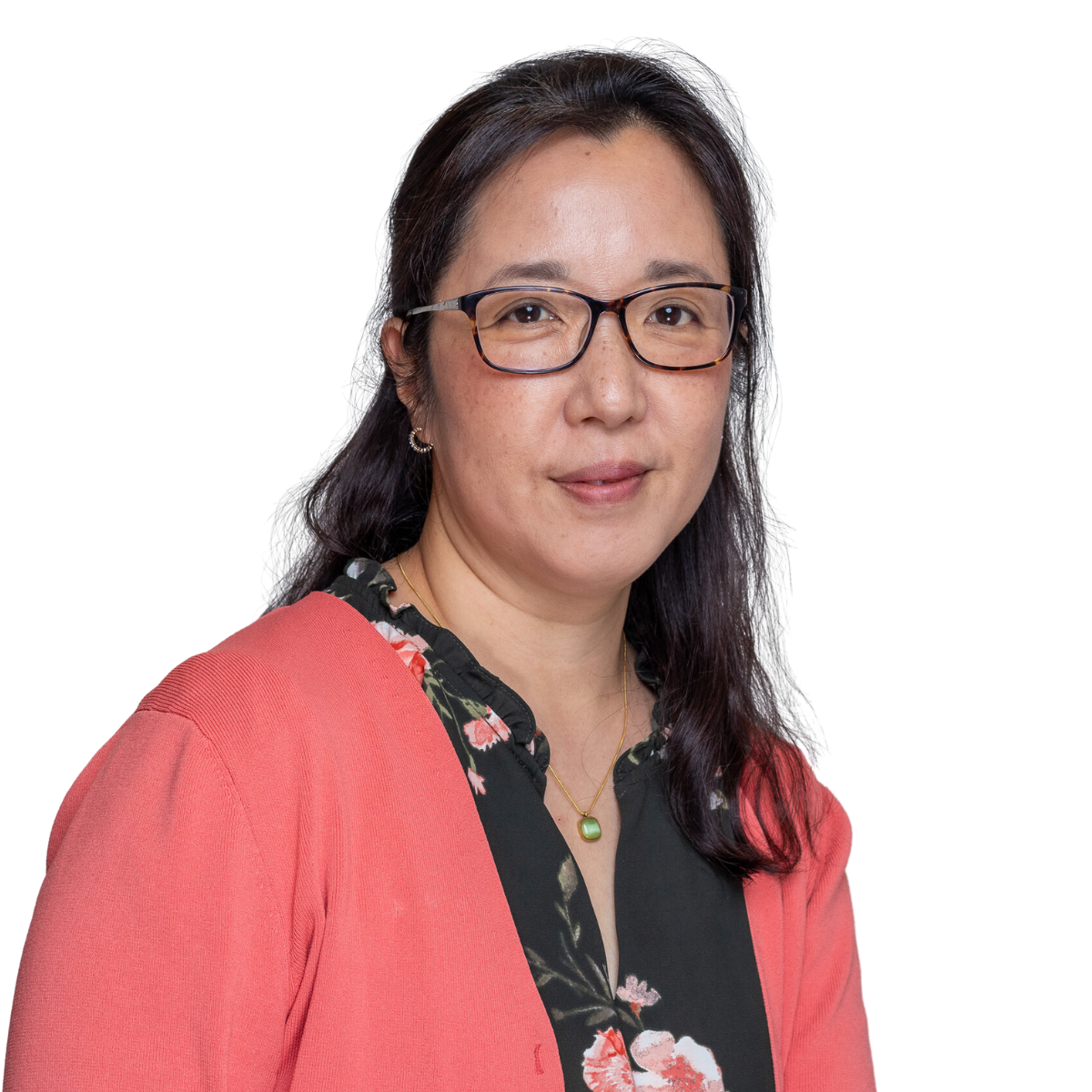
Irene Yang, PhD, RN is an Assistant Professor, Tenure Track, at Emory University’s School of Nursing. Her program of research centers on understanding the biologic mechanisms that underlie the oral-systemic connection with the long-term goal of addressing disparities in oral and related extra-oral health conditions. Specifically, Dr. Yang focuses on 1) investigating the full spectrum of oral organisms that drive the association between periodontal disease and various health outcomes, like Alzheimer’s disease and preterm birth; 2) examining the impact of behaviors like e-cigarette use on the oral microbiome and periodontal disease; and 3) exploring social determinants that affect oral health and evaluating their potential as a target in the development of oral health interventions for the mitigation of extra-oral conditions like preterm birth and Alzheimer’s disease. She has received support for her research from the National Institutes of Health, Delta Dental Community Foundation, PCORI Foundation, FDA, Association of Women’s Health, Obstetric and Neonatal Nurses, and Sigma Theta Tau International Honor Society of Nursing. Dr. Yang’s research has been shaped by her decades of clinical experience as a nurse and is supported by interprofessional collaborators, community organizations, and students.